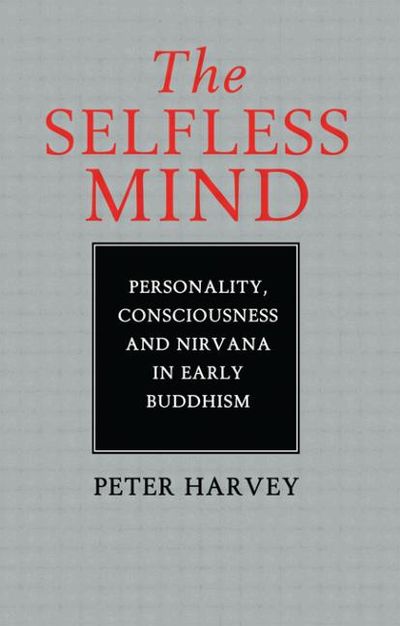This careful analysis of early Buddhist thought opens out a perspective in which no permanent Self is accepted, but a rich analysis of changing and potent mental processes is developed. It explores issues relating to the not-Self teaching: self-development, moral responsibility, the between-lives period, and the 'undetermined questions' on the world, on the 'life principle' and on the liberated one after death. It examines the 'person' as a flowing continuity centered on consciousness or discernment (vinnana) configured in changing minds-sets (cittas). The resting state of this is seen as 'brightly shining' - like the 'Buddha nature' of Mahayana thought - so as to represent the potential for Nirvana. Nirvana is then shown to be a state in which consciousness transcends all objects, and thus participates in a timeless, unconditioned realm. (Source: Routledge)
See especially chapter 10, Bhavaṅga and the Brightly Shining Mind.
| Citation | Harvey, Peter. The Selfless Mind: Personality, Consciousness and Nirvāṇa in Early Buddhism. London: RoutledgeCurzon, 2004. First published 1995 by Curzon Press. http://www.ahandfulofleaves.org/documents/The%20Selfless%20Mind_Personality_Consciousness%20and%20Nirvana%20in%20Early%20Buddhism_Harvey_1995-2004r.pdf. |
|---|---|

